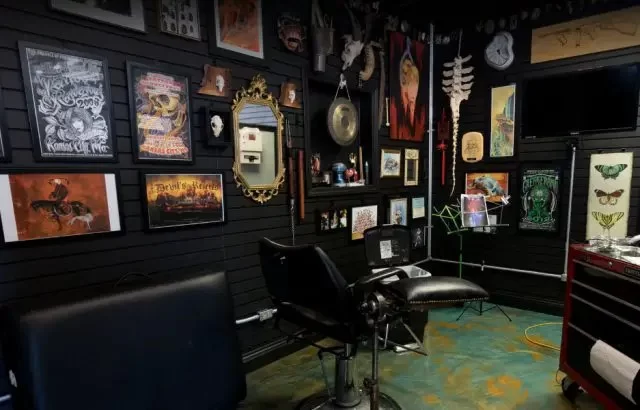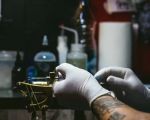
- legal-status-of-tattoo-shops-in-desoto-county-ms
- zoning-restrictions-and-municipal-ordinances
- how-to-legally-open-a-tattoo-shop-in-desoto-county
- real-world-case-an-artist-s-experience-in-north-mississippi
- turning-your-passion-into-a-profitable-business
1. Legal Status of Tattoo Shops in DeSoto County, MS
If you're asking “can you open a tattoo shop in DeSoto County MS?”, the short answer is: it's complicated, but possible. Tattooing is legal in Mississippi and regulated by the Mississippi State Department of Health (MSDH). However, local jurisdictions such as DeSoto County and its municipalities—including Southaven, Olive Branch, and Hernando—may have their own zoning rules or outright bans on tattoo parlors.
So while the state permits it, your specific city or town may restrict where and how you can operate. This means understanding both state and local requirements is crucial before you ink your first client.
2. Zoning Restrictions and Municipal Ordinances
2.1 City vs County Jurisdiction
For example, Southaven, one of DeSoto’s most developed cities, previously enforced strict limitations on where tattoo parlors could operate—primarily barring them from shopping centers or near schools and churches. Some towns have historically viewed tattoo shops as “adult entertainment,” applying additional limitations.
2.2 What You Can Do About It
Before you lease a space, visit your local zoning office. They’ll tell you what’s allowed and whether you’ll need a special use permit or zoning variance. You can also attend a planning commission meeting to propose changes to outdated ordinances.
3. How to Legally Open a Tattoo Shop in DeSoto County
3.1 Business License and Health Certification
You'll need to apply for a business license through your city hall and register with the MSDH to meet tattoo hygiene and safety standards. Inspections include facility layout, autoclave procedures, sharps disposal, and artist licensing.
3.2 Artist Requirements
Each tattoo artist must also pass the state’s required bloodborne pathogens course and obtain their individual tattoo permit. These requirements are non-negotiable and critical to avoid shutdowns.
4. Real-World Case: An Artist’s Experience in North Mississippi
Take Mike D., a seasoned tattooist from Memphis who attempted to expand his brand into Olive Branch. Despite finding a great location, the city’s zoning ordinance classified tattoo shops as “restricted.” He appealed the decision, met with city officials, and presented a business plan that highlighted safety protocols and artistic value.
The result? He secured a conditional use permit and now operates legally within the county. His story is a reminder: determination and preparation go a long way.
5. Turning Your Passion into a Profitable Business
Opening a tattoo shop in DeSoto County isn’t impossible—it just requires extra steps. You must navigate local politics, stay up to date on regulations, and foster community trust. But for artists with vision, the payoff is worth it.
Whether you’re setting up a full studio or a boutique ink parlor, make sure you check in with Inked Up Dolls for quality equipment, client-ready aesthetics, and tattoo-friendly hygiene products to get your shop off the ground.
The demand is there. If you're ready to build something permanent—not just on skin, but in your community—now might be the time to make your mark in DeSoto County.








